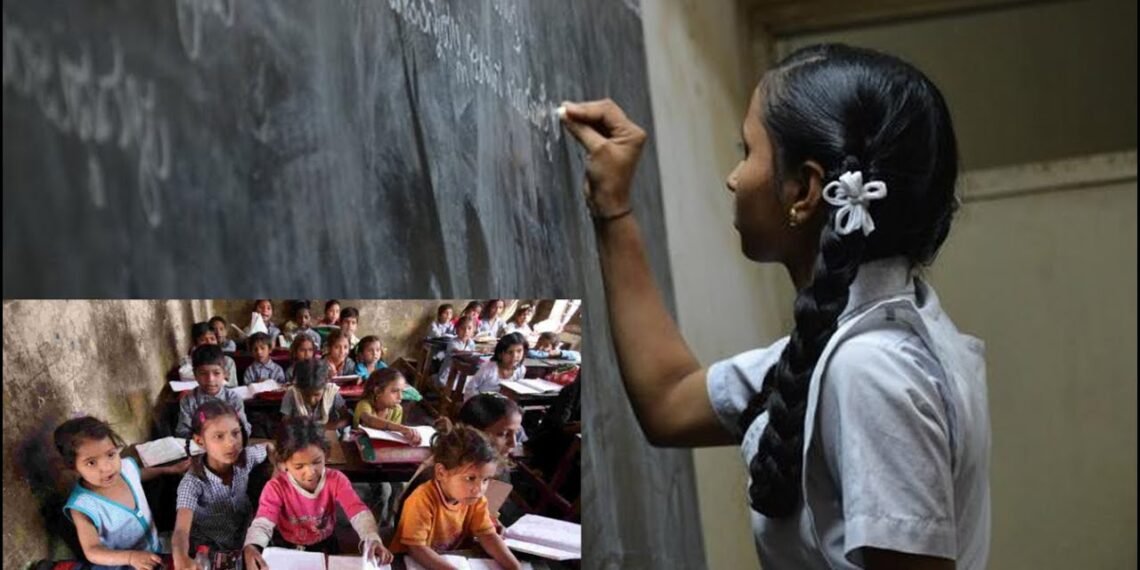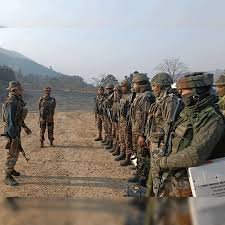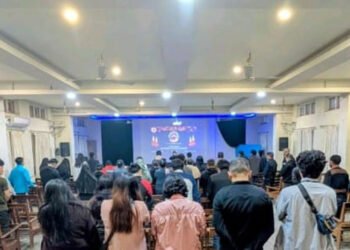The BJD has alleged widespread sexual exploitation and unsafe conditions across tribal hostels in Odisha, citing not just this case but several past incidents that point to repeated administrative apathy.
By PC Bureau
July 26, 2025: In a scandal that has shaken the conscience of Odisha and threatens to expose a deep institutional rot, the Biju Janata Dal (BJD) has formally demanded urgent intervention from the National Commission for Scheduled Tribes (NCST) following multiple cases of sexual exploitation and confirmed pregnancies of minor tribal girls in state-run hostels meant for Scheduled Tribe (ST) and Scheduled Caste (SC) students.
According to an explosive memorandum dated 26 July 2025, submitted by BJD leaders, at least five minor girls residing in government-managed SSD (ST & SC Development) hostels across Rayagada, Mayurbhanj, and Kandhamal districts were recently found to be pregnant—a horrifying symptom of what the party describes as a “systemic failure” and “gross administrative negligence.”
Biju Janata Dal (BJD) writes to the Chairman of the National Commission for Scheduled Tribes, seeking urgent intervention in “sexual exploitation and pregnancy of minor girls in ST & SC Development (SSD) department hostels in Odisha.” pic.twitter.com/RuUTNbi6Ao
— ANI (@ANI) July 26, 2025
The memo, addressed to the Chairman of NCST, cites verified cases:
- Rayagada (18.07.2025): A minor girl from the SC & ST Welfare hostel in Dukum village was found pregnant while under police jurisdiction of Bissamcuttack.
- Mayurbhanj (20.07.2025): A Class VIII tribal girl in an SSD-run hostel was discovered two months pregnant.
- Kandhamal (20.07.2025): A Class X girl at a hostel near Tumudibandha was confirmed pregnant after a routine medical check-up.
- Kandhamal (26.07.2025): Two more Class X girls from a government residential high school tested positive for pregnancy—raising alarms of serial sexual abuse.
“These are not isolated cases. This is a pattern. This is systemic. This is institutional failure of the worst kind,” reads the memorandum signed by BJD leadership.
Hostels Meant for Safety, Turn Into Prisons of Trauma
The hostels are designed as “safe spaces” for vulnerable SC/ST girls, meant to offer educational opportunity, safety, and empowerment. Instead, they have allegedly become centers of repeated abuse, operating with zero accountability, where no one—not wardens, not district officers, not police—seems to be safeguarding the children.
READ: Mahadayi Dispute Reignites Goa-Karnataka Tensions
The BJD memo highlights the alarming rate of sexual violence in the state—reporting approximately 15 cases of rape every day, as per official data.
“This is not just a failure of policy—it is a full-blown humanitarian crisis. The state must act now,” it states.
The BJD has demanded that NCST immediately:
- Initiate an independent, high-level inquiry into all reported and unreported incidents of sexual abuse in SSD hostels.
- Fix accountability by identifying negligent officers, hostel heads, enforcement personnel and take punitive legal action.
- Implement strict protection protocols and regular monitoring in all ST & SC hostels.
The party stressed that the safety of tribal and Dalit girls must not be negotiable, and that the state has a non-transferable duty to protect them.
In closing, the letter urges the NCST to personally visit Odisha, stating:
“We request the Hon’ble Chairperson and Members of the National Commission for Scheduled Tribes to visit Odisha at the earliest to assess the ground realities and extend justice to the victims.”
The silence from Odisha’s ruling administration has only intensified public anger. Activists and child welfare organisations have begun mobilising for protests, demanding judicial intervention and the resignation of senior officers in the ST & SC Development Department.
Civil society organisations are also demanding a court-monitored SIT investigation to ensure transparency and swift action.
READ: LG Saxena’s Big Reform for Licensing Delhi Cinemas
The party emphasized that it was not merely a law and order issue, but a matter of “human dignity and the fundamental rights of the most vulnerable section of society — our tribal daughters.”
While the letter does not name individual officials, it places responsibility squarely on the state’s welfare department for failing to protect the girls under its care.














